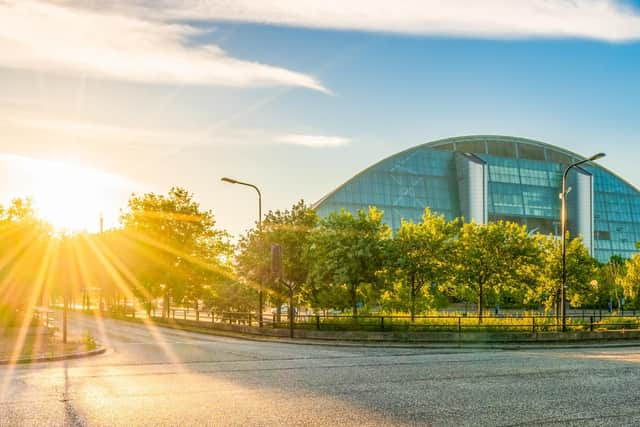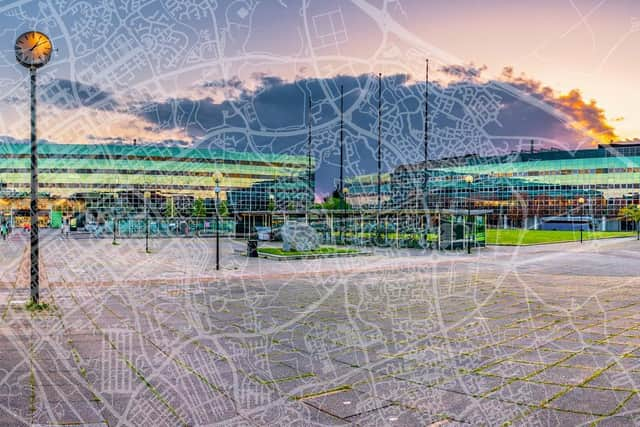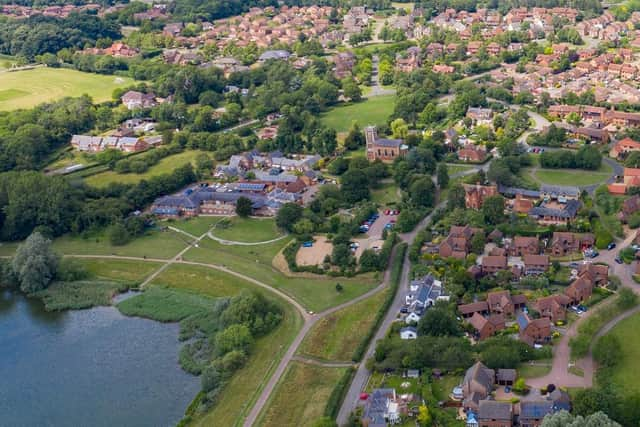What does new city status actually mean for Milton Keynes?
and live on Freeview channel 276
After years of trying and failing, MK now has the right to proudly call itself a city after the coveted status was granted by the Queen as part of the Jubilee celebrations.


Advertisement
Advertisement
But beyond the obvious sense of achievement – after 21 years of trying – and civic pride, what does it all mean?
In truth there is not a great deal of tangible difference.
City status will not grant Milton Keynes any additional functions, funding, or powers. But it can provide a huge boost to local communities and open new opportunities, as well as putting MK on the international map as a place to do business.
This has been the experience of previous winners of city status bids.


It is widely regarded as a marker of prestige and is a source of local pride.
Advertisement
Advertisement
MK is now one of 76 cities on UK mainland, with 55 in England, eight in Scotland, seven in Wales and six within Northern Ireland.
Traditionally city status in England and Wales was given to towns with diocesan cathedrals – a tradition established by King Henry VIII.
However, since the 20th century, city status has no longer been tied to cathedrals, and other factors are taken into account such as population size, historical importance and industry.


London is the largest city in the UK, with a population of over 9m. The smallest is St David’s in Wales, which only has around 1,600 residents.
Advertisement
Advertisement
MK, with an ever-growing population of around 230,000 – sits in around midtable (roughly 34th place) in terms of the biggest cities by population.
What do you think of MK being granted city status? Send your thoughts and opinions to [email protected]
